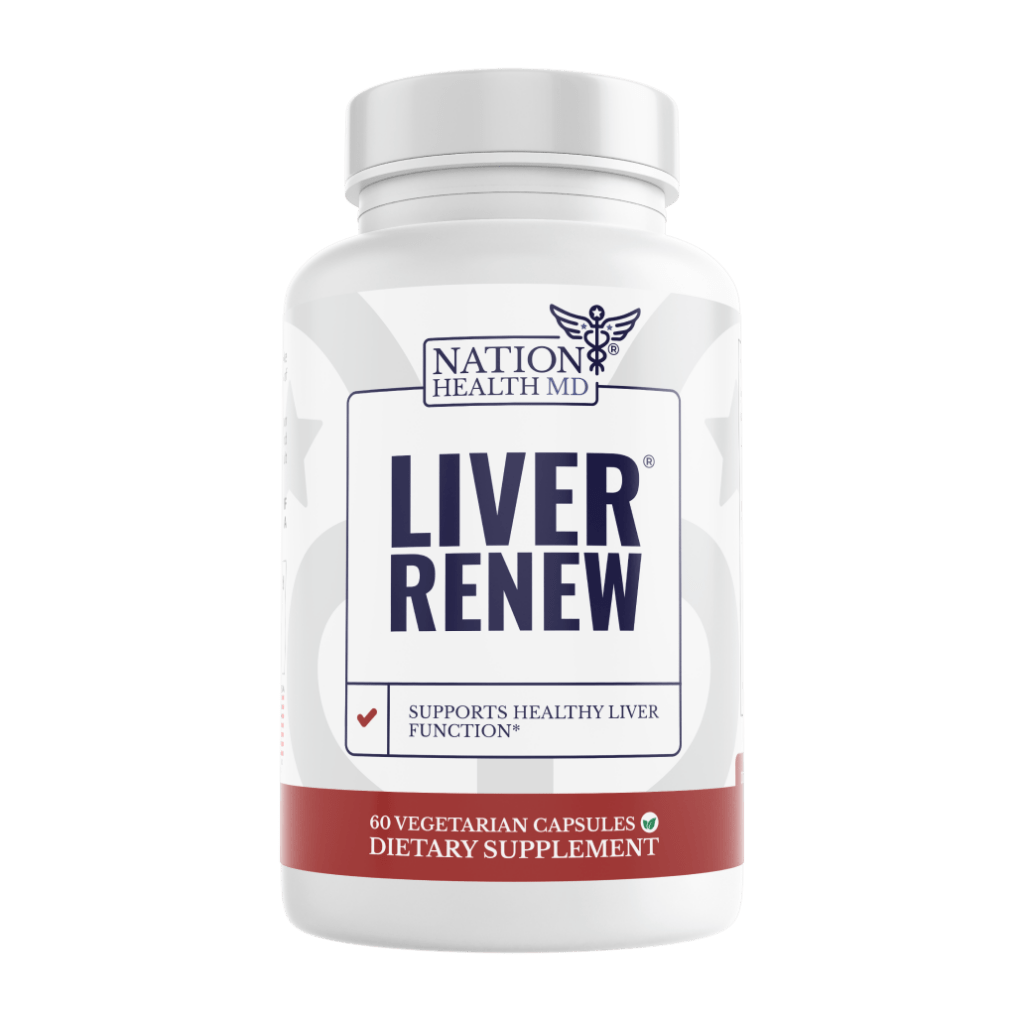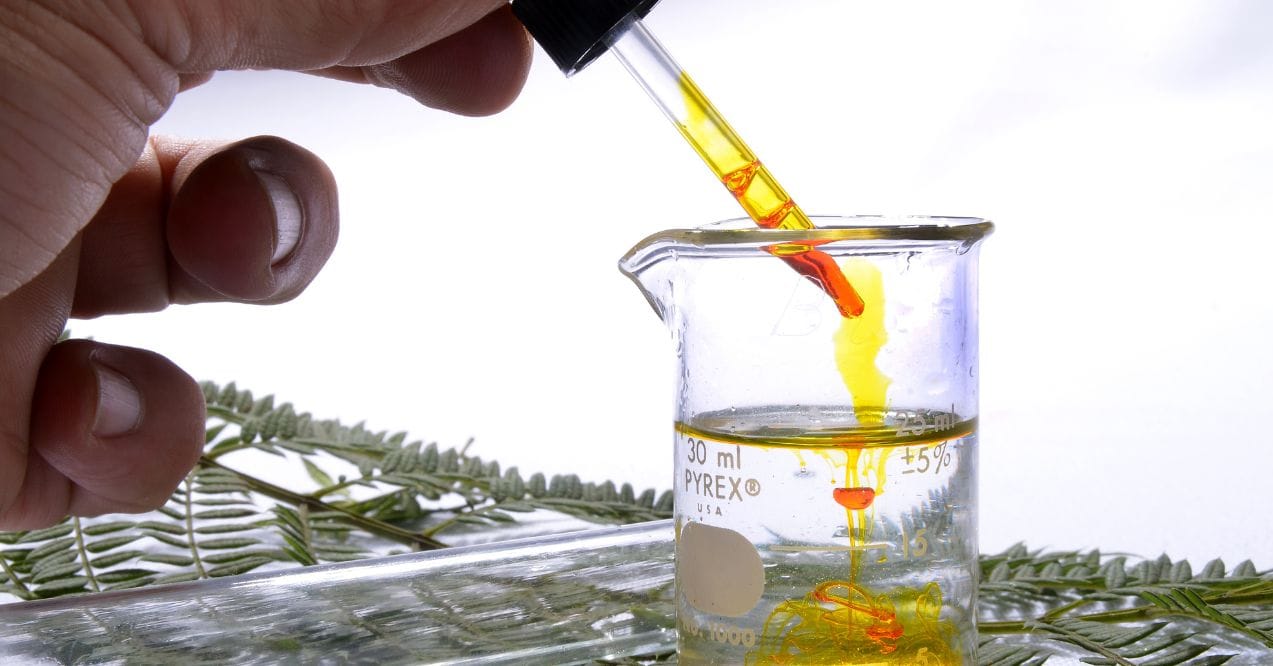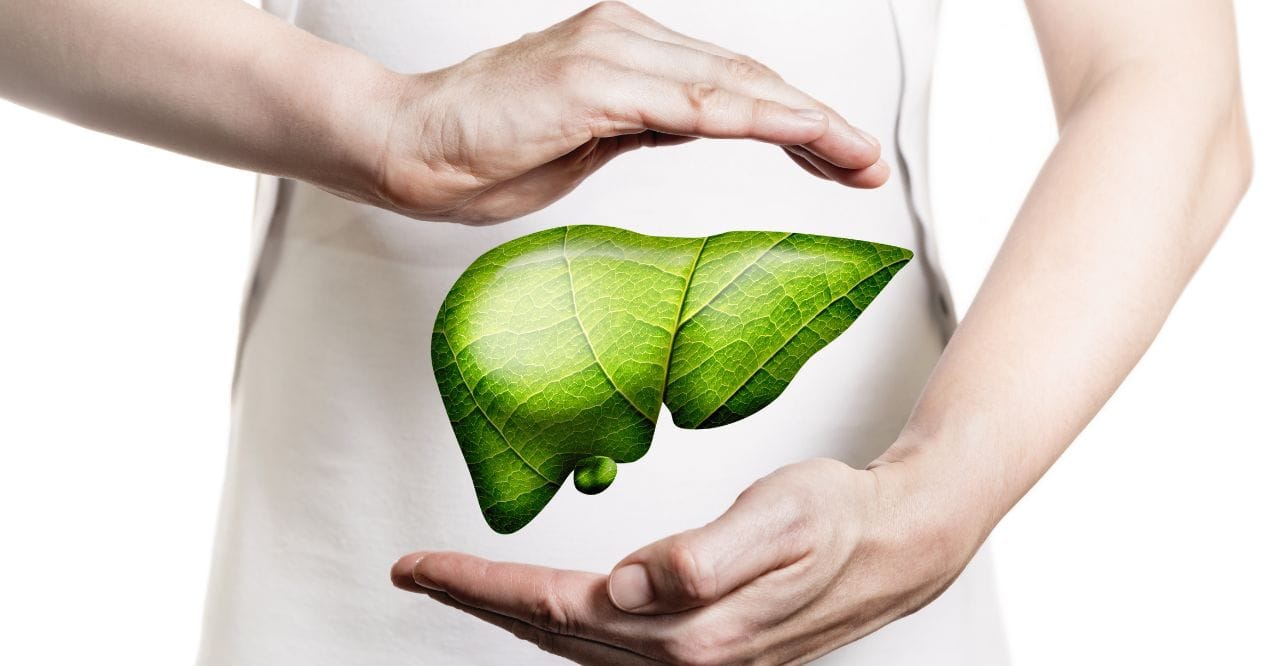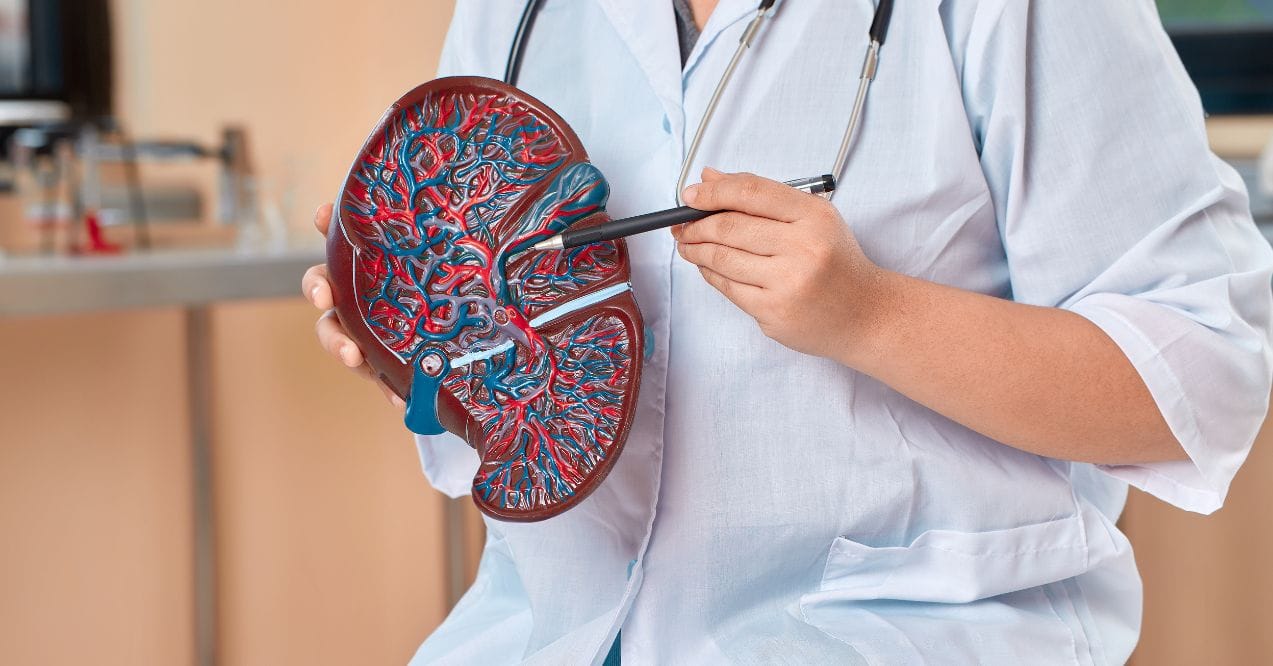Are Energy Drinks Bad for Your Liver?
Medically reviewed by our experts


Are energy drinks bad for your liver? This question is increasingly important as more people consume these beverages for a quick energy boost. Energy drinks are popular for enhancing alertness, but their ingredients might impact liver health. This article explores how energy drinks may affect your liver and what to consider for your well-being.
Key Article Findings
- Excessive energy drink consumption can strain the liver due to high caffeine and sugar content.
- Moderation is crucial to minimizing the potential negative effects of energy drinks on liver function.
- Healthier alternatives like herbal teas and smoothies offer energy boosts without putting stress on the liver.
What Are Energy Drinks?
Energy drinks are beverages formulated to enhance mental and physical performance. Typically, they contain caffeine, sugars, vitamins, and various stimulants like taurine and guarana. These ingredients work together to boost alertness, increase energy levels, and improve concentration. Energy drinks have gained widespread popularity among students, professionals, and athletes seeking a quick energy lift to manage demanding schedules and intense activities. Their convenient availability and appealing flavors contribute to their widespread consumption, making them a staple in many people’s daily routines.
Common Ingredients in Energy Drinks
Energy drinks often contain a mix of ingredients designed to stimulate the body and mind. Some of these components may have an impact on liver function. Key ingredients include:
- Caffeine – A stimulant that increases alertness and energy levels.
- Sugar – Provides quick energy but in high amounts can be taxing on the body.
- Taurine – An amino acid believed to enhance athletic performance.
- Guarana – A plant extract high in caffeine, used for its stimulating effects.
- B-Vitamins – Important for energy metabolism but consumed in excess can strain the liver.
- Herbal extracts – Some include ginseng or ginkgo biloba for added stimulation.
Potential Effects of Energy Drinks on Liver Function

Many people wonder, are energy drinks bad for your liver? Energy drinks have raised concerns regarding their impact on liver health. High levels of caffeine and sugar can place additional stress on the liver, which is responsible for metabolizing these substances. Excessive caffeine intake may lead to liver strain, potentially affecting its ability to function optimally. Similarly, the high sugar content can contribute to fat accumulation in liver cells, possibly leading to non-alcoholic fatty liver issues over time.
Some studies have reported cases where excessive consumption of energy drinks correlated with elevated liver enzymes, indicating liver stress or damage. Ingredients like herbal extracts and amino acids, when consumed in large quantities, might also interact with liver function, but definitive conclusions are yet to be drawn.
While moderate consumption may not pose significant risks for most individuals, the cumulative effect of frequent, high-volume intake remains a concern. Ongoing research is needed to fully understand the long-term effects of energy drinks on liver health. Being mindful of intake levels can support liver function and overall well-being.
Moderation and Liver Health
So, are energy drinks bad for your liver in moderation? Moderate consumption of energy drinks is key to maintaining liver health. While occasional use may not cause significant harm, frequent or excessive intake can contribute to liver strain, particularly when combined with other dietary habits like high sugar or fat consumption. Energy drinks should be viewed as occasional boosts rather than daily staples. Incorporating them into a balanced diet and paying attention to portion sizes can help protect liver function. Prioritizing hydration, whole foods, and regular exercise supports overall liver health, reducing the potential impact of energy drinks on the body.
For extra liver support, consider Liver Renew by Nation Health MD. Endorsed by Lisa King, RPh, this product contains key ingredients like Milk Thistle and Turmeric, which are known to promote liver health by helping strengthen antioxidant defenses and supporting detoxification. Dandelion also aids in maintaining healthy liver function by supporting natural digestion and flushing out toxins. Incorporating Liver Renew into your routine can help support liver vitality, especially when balancing occasional energy drink consumption.
Alternatives to Energy Drinks
For a healthier energy boost, consider these alternatives that are gentler on the liver:
- Herbal teas – Options like green tea or ginseng tea provide natural energy without overwhelming the liver.
- Water with lemon – Hydrates and refreshes, offering a light energy boost through natural electrolytes.
- Smoothies – Made with fruits, vegetables, and protein, smoothies offer sustained energy and are liver-friendly.
- Nuts and seeds – Packed with healthy fats and protein, they offer a quick, nutritious energy boost without added strain on the liver.
- Dark chocolate – Contains natural stimulants like theobromine for a moderate energy lift without excessive sugar.
Making Informed Choices
When it comes to energy drink consumption, making informed decisions is crucial for your health. Start by reading labels carefully to understand what you’re putting into your body, particularly the caffeine and sugar content. If you have any underlying health conditions or sensitivities, be mindful of how energy drinks may impact your well-being, especially your liver. Consider your overall diet and lifestyle when deciding whether to consume these beverages. Opt for moderation and balance, and choose alternatives when possible to support long-term health and energy without compromising liver function.
Yes, frequent and high-volume consumption of energy drinks may place strain on the liver due to their high caffeine and sugar content. The liver is responsible for processing these ingredients, so moderation is recommended to help maintain healthy liver function.
Herbal teas, smoothies made with fruits and vegetables, water with lemon, and nutrient-dense snacks like nuts and seeds are liver-friendly alternatives that offer sustained energy without excessive caffeine or sugar, supporting overall health.
Consuming energy drinks in moderation and as an occasional boost rather than a daily habit can help reduce potential strain on the liver. A balanced diet, staying hydrated, and prioritizing natural energy sources can also support liver health.
Pereira, F., et al. (2024). Beyond the buzz: Do energy drinks offer more than caffeine for mental and physical tasks? PubMed Central (PMC).
Curran, C. P., & Marczinski, C. A. (2017). Taurine, caffeine, and energy drinks: Reviewing the risks to the adolescent brain. Birth Defects Research, 109(20), 1640–1648.
Rodak, K., et al. (2021). Caffeine as a factor influencing the functioning of the human Body—Friend or foe? Nutrients, 13(9), 3088.
Seladi-Schulman, J., PhD. (2024). What you need to know about liver damage and disease. Healthline.
Alsunni, A. A. (2015). Energy drink consumption: beneficial and adverse health effects. PubMed Central (PMC).
Nelson, A. (2022). Does milk thistle help your liver? WebMD.
Villines, Z. (2023). What to know about turmeric for fatty liver.
Rd, R. a. M. (2023). Dandelion benefits: nutrition, antioxidants, and inflammation. Healthline.
Rd, A. S. M. (2024). 7 possible health benefits of ginseng. Healthline.
BSc, K. G. (2022). 7 Proven health benefits of dark chocolate. Healthline.
Ms, J. L. (2023). Benefits of drinking lemon water.
Popular Articles
Advertisement. This site offers health, wellness, fitness and nutritional information and is designed for educational purposes only. You should not rely on this information as a substitute for, nor does it replace, professional medical advice, diagnosis, or treatment. If you have any concerns or questions about your health, you should always consult with a physician or other health-care professional. Do not disregard, avoid or delay obtaining medical or health related advice from your health-care professional because of something you may have read on this site. The use of any information provided on this site is solely at your own risk.













